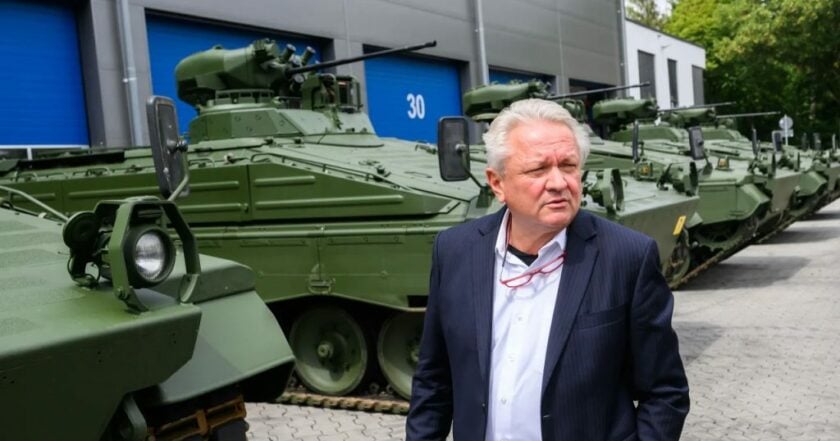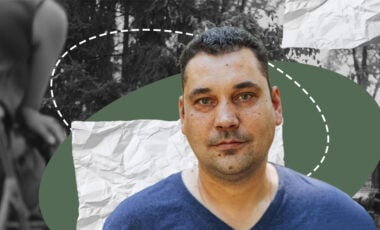Rheinmetall to open tank repair centers in Ukraine, employing local specialists

Armin Papperger, CEO of Rheinmetall, July 2022
The German arms company Rheinmetall plans to open tank repair centers in Ukraine in the fall, for which it is already training specialists, CEO Armin Papperger told Spiegel.
"We want to get started after the summer break," Papperger said. According to him, Ukrainians studying in Germany will work in the centers.
Repairs in Ukraine could bring significant material and technical advantages since the tanks would not need to be transported across the border and back into the country. At the same time, everyone is aware of the danger of Russian attacks.
Germany delivered modern Leopard 2A6 tanks to Ukraine. The military believes that regular maintenance of systems is critical to continued use. To date, there have been no reports of severe damage to tanks from Ukraine, the publication stresses. However, due to intensive use in combat conditions, various components of tanks have to be regularly inspected and possibly replaced.
In the coming months, the need for repairs will likely increase due to Ukrainian forces strengthening the counteroffensive. Attempts to create repair centers outside of Ukraine have recently proved to be difficult, and this applies, in particular, to Poland.
According to Papperger, with plans to open a workshop in Romania, Rheinmetall is cooking for an industrial partner in the country.
The Rheinmetall CEO announced a few months ago that the company plans to build a factory to produce new Panther tanks in Ukraine in the long term. In June, Rheinmetall created a joint venture with the Ukrainian state enterprise Ukroboronprom, which will initially be engaged in repairing and maintaining military equipment. Russia has already announced that it will target a tank factory, which is believed to be located in Ukraine's west.
Background
Ukrainians use such German equipment as Marder BMP, Leopard battle tanks, self-propelled howitzers, and military trucks, the production of which involves Rheinmetall. The Gepard air defense system, also used by the Armed Forces of Ukraine, was developed by a subsidiary of Rheinmetall in the 1960s.





















































